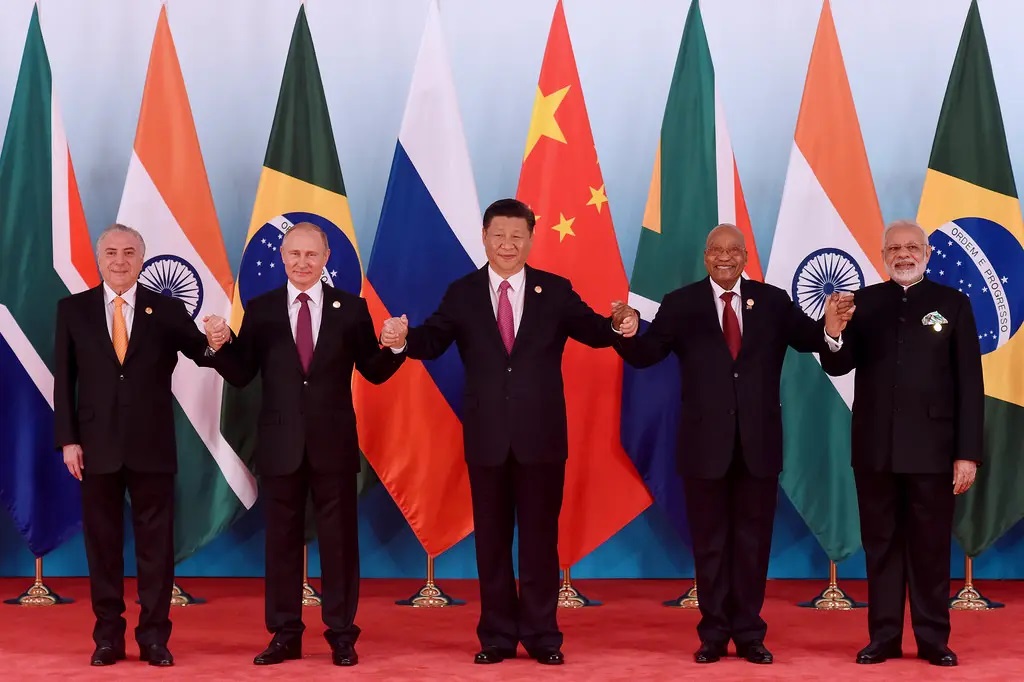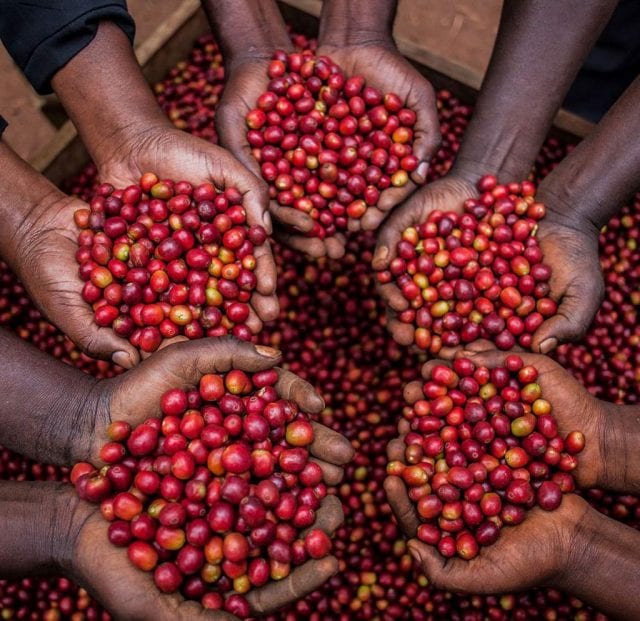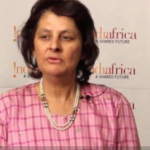The BRICS group is on track to double its membership as Saudi Arabia, Iran, the United Arab Emirates, Ethiopia and Egypt join the bloc on January 1, 2024, according to South Africa’s envoy to the bloc.
In August, the BRICS group, originally comprising Brazil, Russia, India, China, and South Africa, extended invitations to six more nations. However, Argentina declined the invitation, as President Javier Milei, who assumed office this month, reversed his predecessor’s membership bid.
The five invitees sent senior-level representatives to a BRICS sherpa meeting in Durban, South Africa, earlier this month and they fully participated in the gathering, “a clear indication that they have accepted the invitation” to join, Anil Sooklal, Pretoria’s ambassador to the bloc stated, Bloomberg reported.
The new members will also send officials to a sherpa meeting in Moscow on Jan. 30, he said.
About 30 countries want to establish ties with the bloc. Minister of Foreign Affairs Yusuf Tuggar said in November that Nigeria, Africa’s largest economy and most populous country, will seek to become a member of BRICS within the next two years.
It is believed that Nigeria has not yet joined because of its long-standing strong ties with the West.
The BRICS group has been aggressively pushing to change the order of the globe’s economic structure. The group’s primary intention is to dominate the global market by increasing its economic influence.
Collectively, the BRICS countries lay claim to 42% of the world’s population, 30% of the global landmass, and 24%of the global economic output.
Except for India, the BRICS have underperformed their emerging-market peers over the last five years, according to Bloomberg Intelligence.
US-led sanctions have put Russia off limits for many foreign investors, and some sectors in China — especially technology companies — have also been sanctioned or face potential investment bans.
23 total views , 1 views today




























